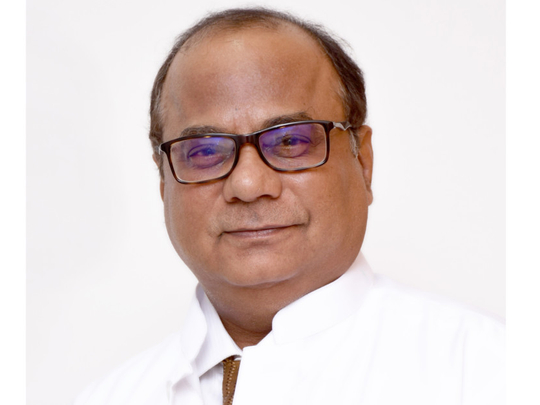
Dubai: Music is deeply connected with the psyche of humans. It relaxes us, inspires us, brings back memories and can rouse our emotions and spirit unlike anything else. However, more studies are showing that music has great potential as a tool to promote healing and alleviate symptoms associated with several conditions.
According to information published by the Cancer Research UK, people with cancer use music therapy to help cope with the side-effects. The foundation refers to a Turkish study which examined the use of music therapy and guided visual imagery for 40 people who suffered from symptoms of anxiety, nausea and vomiting due to chemotherapy. The results showed that the patients’ anxiety levels dropped considerably and they also had less frequent and less severe nausea and vomiting.
Music therapy can improve medical outcomes and quality of life in a variety of ways. In fact, some doctors even listen to music during surgery to improve their focus. Music cannot prevent or treat a disease but it can have an impact on how people cope with pain, insomnia and depression and other symptoms experienced in more serious conditions like cancer. In both the West and the East, classical music has also been linked with improving brain function in addition to other mental and physical benefits. Indian ragas or compositions, for instance, have been researched for the effect they have on the mind and body as has the music by Bach, Mozart and other maestros.
Studies show that music can help the brain release dopamine, the feel good chemical, which promotes the healthy functioning of the central nervous system, which has an impact on emotion, perception and movement. It can help lift your mood and calm anxiety. A Finnish study published in the medical journal Brain stated stroke patients who listened to music for a couple of hours daily showed improvement in verbal memory and attention span compared to patients who didn’t. These studies are encouraging doctors to use music to complement treatment especially for neurological conditions. We have also seen patients with autism, attention hyperactivity disorder and Alzheimer’s disease respond well to music therapy. The important thing is to work with a qualified professional who understands how music and the harmony involved can help a person.
(The author is specialist neurologist at Medeor 24x7 Hospital, Dubai)











